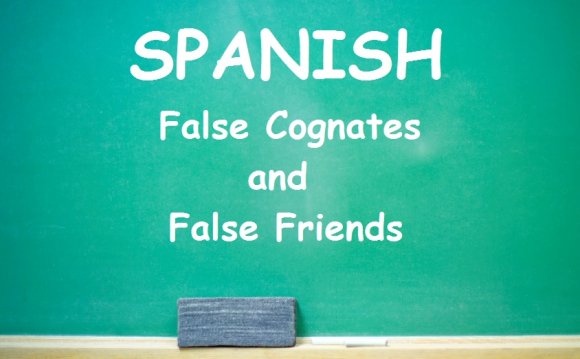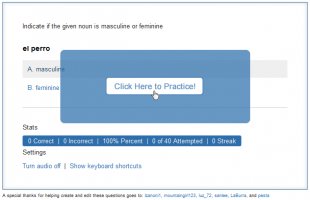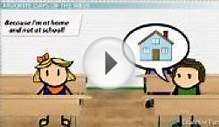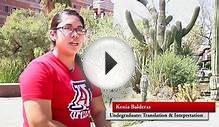

Overview
The verb hacer can be used many ways: the perfect tenses, to indicate quantity with hay, and also various ways to describe time. You can describe how long ago something happened or how long you have been doing something. You can also to describe past actions that were interrupted by another action.
- Hace un año que estudian español. (They have been studying Spanish for one year.)
- Hace un año que estudié español. (I studied Spanish one year ago.)
- Hacía un año que estudiaba español cuando viajé a España. (I had been studying Spanish for one year when I traveled to Spain.)
Actions that occurred a specific amount of time ago (time ago)
To say when something happened in the past, you have two options in forming your statements.
hace + time + que + preterite
OR
preterite + hace + time
- Hace seis años que encontré a mi esposo. (It was six years ago that I met my husband.)
- Hace cinco minutos que llegó. (He arrived five minutes ago.)
- Aprendió a hablar español hace tres años. (He learned to speak Spanish three years ago.)
- Empecé mi trabajo hace seis meses. (I started my job six months ago.)
Past actions that continue into the present (have verb for time)
To say that you have been doing something for a certain amount of time, you have three options for forming your statements.
hace + time + que + present tense
present tense + hace + time
present tense + desde hace + time
- Hace seis años que conozco a mi esposo. (I have known my husband for six years.)
- Habla español hace tres años. (He has spoken Spanish for three years.)
- Tengo mi trabajo desde hace seis meses. (I have had my job for six months.)
Past actions interrupted by another past action (had been verb for time when preterite verb)
To express how long you had been doing something when something else happened, you have three options for forming your statements.
hacía + time + que + imperfect
imperfect + hacía + time
imperfect + desde hacía + time
- Hacía una semana que leía el libro cuando lo perdí. (I had been reading the book for a week when I lost it.)
- Dormía hacía siete horas cuando sonó el reloj. (I had been sleeping for seven hours when the alarm went off.)
- Jugábamos con el perro desde hacía 30 minutos cuando empezó a llover. (We had been playing with the dog for 30 minutes when it began to rain.)
MORE TRANSLATION VIDEO












